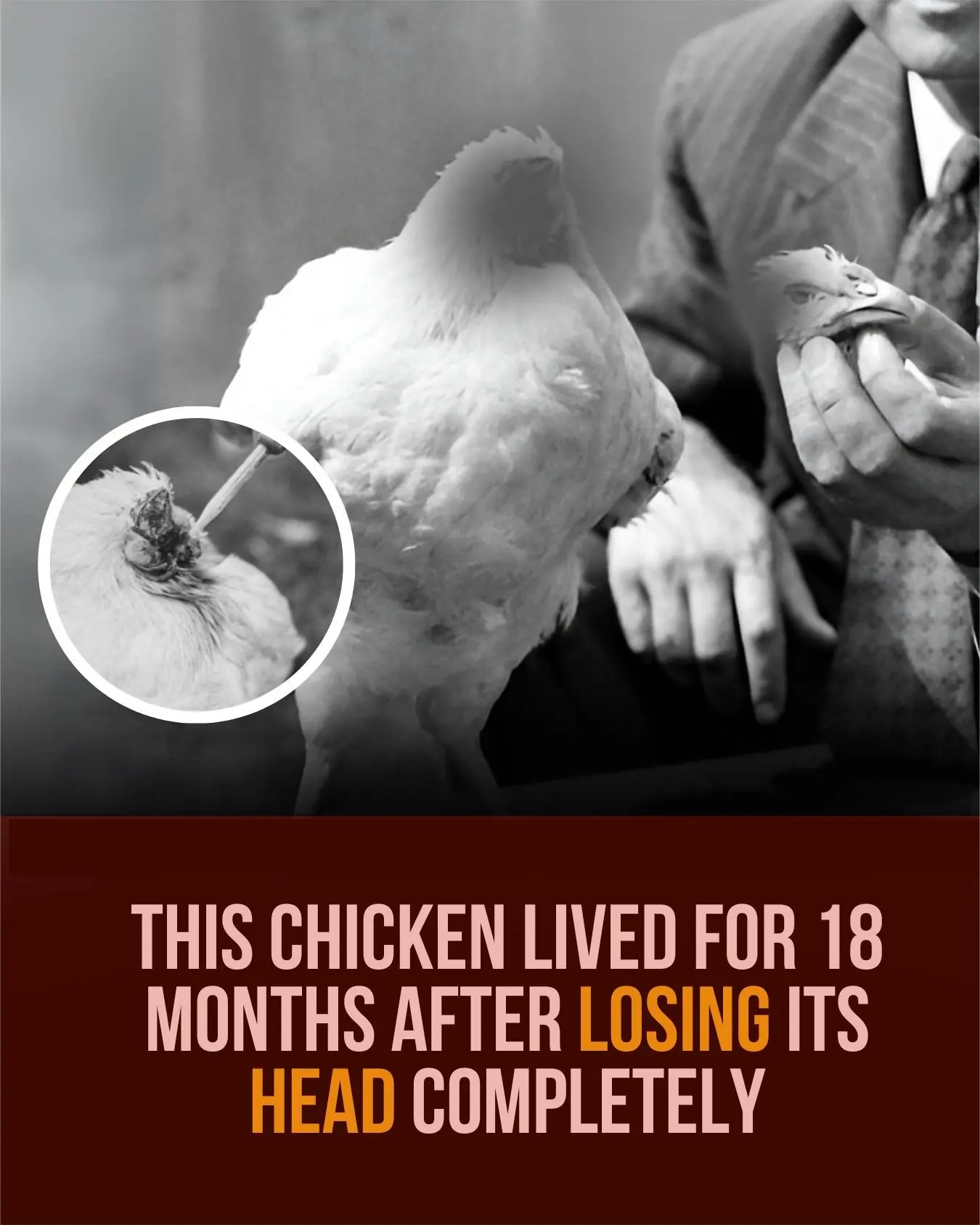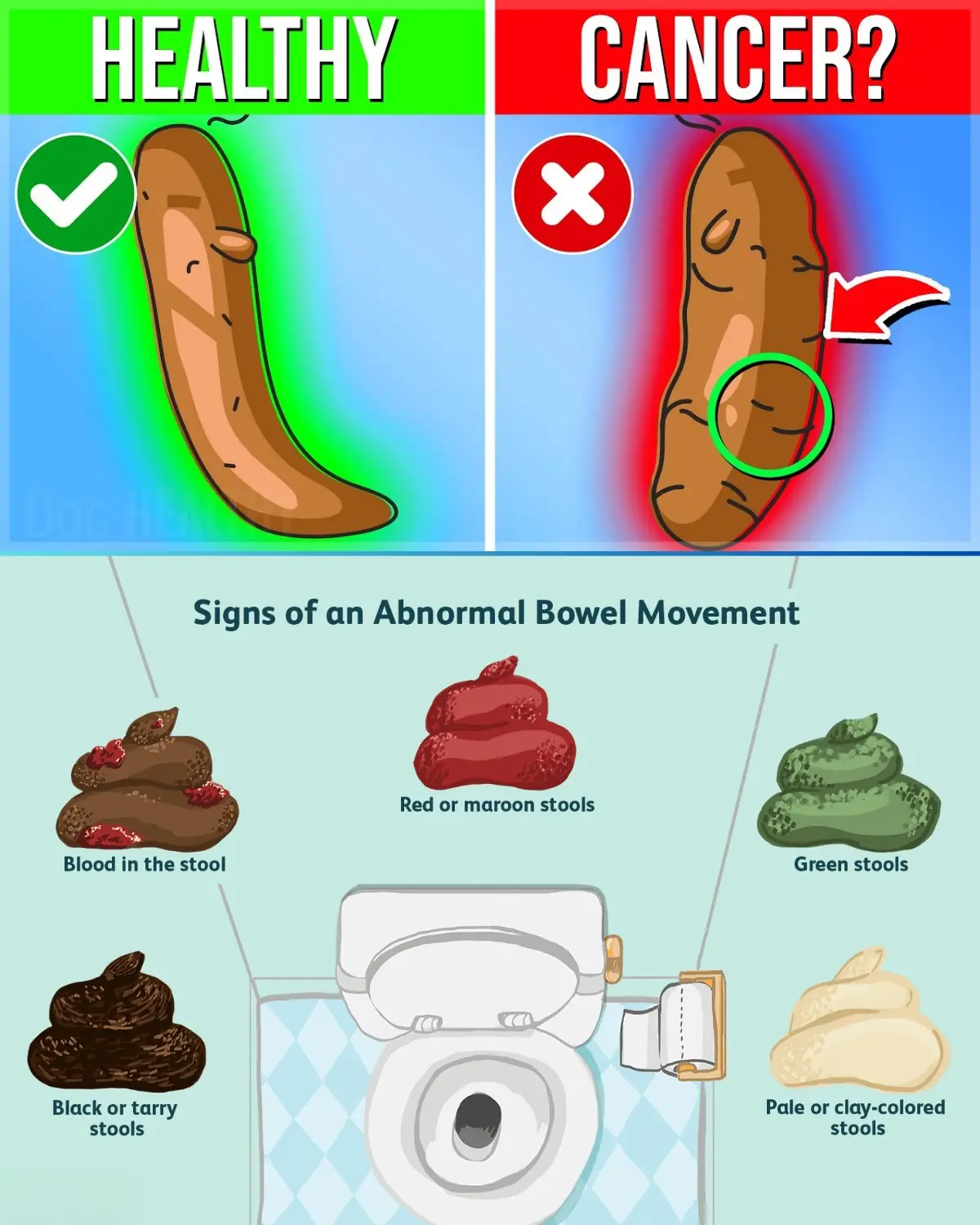
Babies Who Wake Up Often at Night Might Be Smarter, Expert Suggests

For many parents, a baby’s first cry at birth is the sweetest sound — proof of good health and vitality. But weeks later, when that same baby keeps waking up in the middle of the night, those cries can feel far less endearing. Sleep deprivation quickly takes its toll on new parents who are trying to recover after childbirth.
Yet, there may be an unexpected upside. According to infant health expert Professor Peter Fleming of the University of Bristol, frequent night waking could be linked to higher developmental and intellectual potential.
“There’s a link between very high levels of developmental and intellectual achievement and not sleeping through the night,” Fleming told Buzzfeed. “Human infants are not designed to sleep for long periods. It’s not good for them, and there’s no evidence that a child who sleeps longer is better off.”
Why Babies Don’t Sleep Like Adults
Biologically, babies have different sleep patterns from adults. They often nap during the day and become more wakeful between 6 p.m. and midnight — inconvenient for parents, but evolutionarily sensible.
“From a biological point of view, what the baby is doing is completely normal and sensible,” Fleming explains. “In the evening, both parents are usually around and there are fewer distractions. This gives infants better access to care and protection.”
This pattern doesn’t align with modern lifestyles, but it may have served babies well for thousands of years.
Recommended Sleep Durations Still Matter
While night waking is normal, the American Academy of Sleep Medicine (AASM) reminds parents that total daily sleep is still essential for healthy development:
-
Infants (4–12 months): 12–16 hours (including naps)
-
Children (1–2 years): 11–14 hours
-
Children (3–5 years): 10–13 hours
-
Children (6–12 years): 9–12 hours
Adequate rest supports emotional well-being, attention span, memory, and learning. So while babies may wake frequently, parents should still aim to help them meet overall sleep needs.
The Case for Staying Close to Your Baby
Fleming notes that human infants evolved to be in near-constant contact with their mothers. Historically, babies were carried, breastfed on demand, and slept near parents — practices that supported survival.
“They’re asleep when they need to sleep and awake when they need to be awake, but they’re always with their mother. That closeness facilitates breastfeeding and safety,” he says.
He adds that there’s no reason to view room-sharing or safe co-sleeping as unusual. His own research on Sudden Infant Death Syndrome (SIDS) in the 1980s helped reduce SIDS rates in the UK by encouraging safe sleep practices, including placing babies on their backs.
However, guidelines vary. The American Academy of Pediatrics (AAP) advises that infants should sleep in the parents’ room but on a separate, safe surface (such as a bassinet or crib), ideally for the first year — at least for the first six months. Parents should keep soft bedding and pillows away from the sleep area to reduce SIDS risk.
Bottom Line
Frequent night waking may frustrate exhausted parents, but it’s typically normal — and might even signal a bright, developmentally advanced baby. Still, ensuring a safe sleep environment and enough total rest remains crucial for a child’s health and parents’ peace of mind.
News in the same category


The Platypus: One of Nature’s Strangest and Most Fascinating Mammals

Saudi Arabia Announces Major Gold Discovery Near Mecca, Boosting Mining Ambitions

Nurturing Hearts Before Grades: Japan’s Unique Approach to Early Schooling

Rare Wondiwoi Tree Kangaroo Seen Again After Nearly a Century

3 types of shirts you should never wear to a funeral

31-Year-Old Man Invited 89-Year-Old Neighbor To Live With Him To Spend Her Last Days In Company

Saudi Arabia Announces Major Gold Discovery in Makkah Region — A Potential New Mining Belt

After 32 Years, Chinese Mother Reunites With Son Kidnapped and Sold as a Toddler

Taylor Swift’s Quiet Act of Kindness: Helping a Pregnant, Homeless Fan Find Stability

Raging anti-ICE protester forgets to put car in park, watches it sink into lake while yelling at agent arresting illegal alien

Flight Attendant Reveals the Real Reason Cabin Crew Greet You When You Board — and It’s Not Just Politeness

Mike the Headless Chicken: The Incredible Survival Story That Defied Biology

Chinese Artist Cai Guo-Qiang Realizes 21-Year Dream With Dazzling ‘Sky Ladder’

New iguanodontian dinosaur discovered in Portugal

Tina Turner statue unveiled in Tennessee community where she grew up

Sea Otters: The Ocean’s Clever Tool-Users With a Pocket Full of Rocks

Dolphins’ Underwater Bubble Rings Reveal Remarkable Intelligence and Playfulness

Ozone Layer on Track for Full Recovery by 2050: A Triumph of Global Cooperation
News Post

Unlock Nature’s Secret: The Magic of Mango Leaf Tea with Cloves

Unlock Nature’s Secret: The Magic of Mango Leaf Tea with Cloves

Got a Sore Throat? Try This Tiny Spice That Works Like Nature’s Antibiotic

The Morning Elixir You’ll Wish You Discovered Sooner: Unleash a Hidden Energy Surge with the Banana-Coffee Blend

Powerful Natural Blend for Men Over 40: Regain Your Strength and Vitality

China’s Remarkable Railway Feat: 1,500 Workers Complete Complex Track Project in Just Nine Hours

The Platypus: One of Nature’s Strangest and Most Fascinating Mammals

Saudi Arabia Announces Major Gold Discovery Near Mecca, Boosting Mining Ambitions

Nurturing Hearts Before Grades: Japan’s Unique Approach to Early Schooling

Rare Wondiwoi Tree Kangaroo Seen Again After Nearly a Century

Skin Signs of Kidney Disease: What Your Body Is Telling You

What Your Stool Color Reveals About Your Health

Brown Sugar Pecan Bundt Cake

Avocados: The nutrient-packed fruit doctors recommend

Flaxseed Baby Oil Formula: Collagen Oil For Wrinkle Free Skin

3 types of shirts you should never wear to a funeral

Unveil Colgate’s Surprising Secret for Softer Feet

Little boy cries at gate—k9 dog senses something no one else does

The reason dogs often chase people
